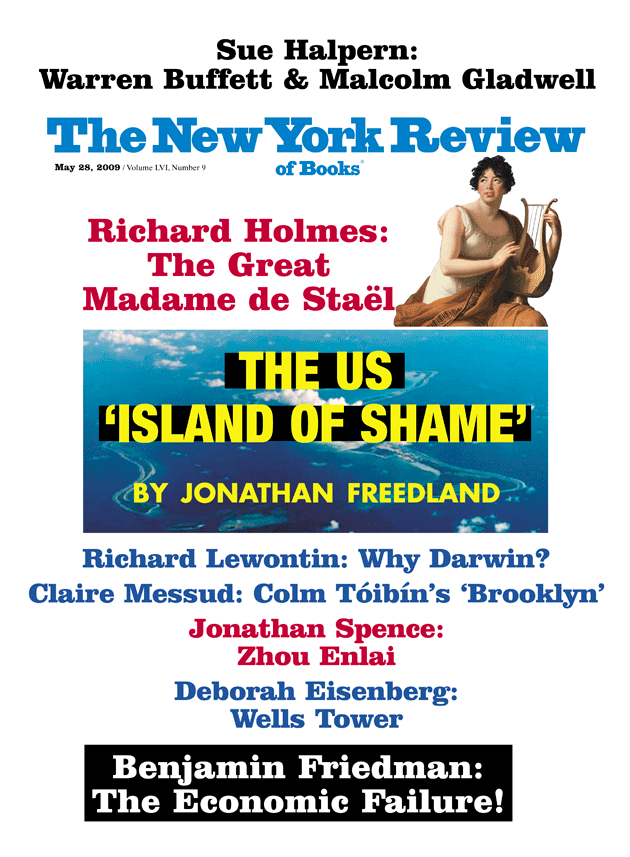In response to:
The Superior Civilization from the February 26, 2009 issue
To the Editors:
Tim Flannery is so taken with the ants [“The Superior Civilization,” NYR, February 26], and especially southern fire ants, that he is tempted to think that humans are becoming a superorganism, which he somehow sees as a salvation from our destructive current path. But the human species is precisely not a superorganism: its Darwinian success is precisely due to that fact.
We are capable of survival and replication in extremely small single-family units, on the one hand, and enormously large conurbations on the other. This “accordion” capacity allows us to colonize, and recolonize, waste spaces but to endure, as well, the enormous crowding of supercities. Competition, not only between states but between cities, communities, and families, at all levels of social organization, distinguishes us (and other mammals) from the ants, who have laid aside competition at these lower levels in favor of unquestioning collaboration.
The human condition, past and future, can be better understood, biologically, as an exemplar of succession theory, derived from the study of plant community histories. A single species expands to fill its available environment, crowding out all competitors. But its Darwinian success means the exhaustion of the resources necessary to its survival. It collapses, leaving the field to other surviving species. Our intelligence, evolved primarily to exploit resources in the service of population growth, may or may not be converted to a capacity directed toward population limitation and environmental sustainability. We shall soon see.
Jeffrey M. Dickemann
Professor of Anthropology Emeritus
Sonoma State University
Richmond, California
Tim Flannery replies:
Dr. Dickemann argues that humans differ from superorganism-forming insect species in that we can live in either small or large groups, that competition between humans is greater than within a colony of ants, and that Darwinian evolution drives humans to exhaust their resource base. All of this he says disqualifies human societies from being viewed as superorganisms.
As I point out in my review, there are fundamental differences between ants and humans, as indeed there are between various ant species. Some ants live in smaller groups and experience competition between various members of the colony, while others live in very large, internally peaceful colonies. Like us, ants have been shaped by Darwinian evolution, and if left unrestrained by predators and disease, they too would doubtless exhaust their resource base.
I disagree with Dr. Dickemann that the factors he identifies prevent our human societies from being considered as superorganisms. The trend of human development over the last ten thousand years has been toward ever larger collaborative units, which entails economic specialization of the individual, enforcement of the rule of law (which promotes peace within the social unit), and ever greater interconnectedness between individuals. All of this is concordant with the superorganism concept. With the development of the Internet, a highly efficient global interconnectedness is developing, opening the possibility that a single, global, human superorganism will ensue. As Dr. Dickemann says, we shall soon see.
This Issue
May 28, 2009


